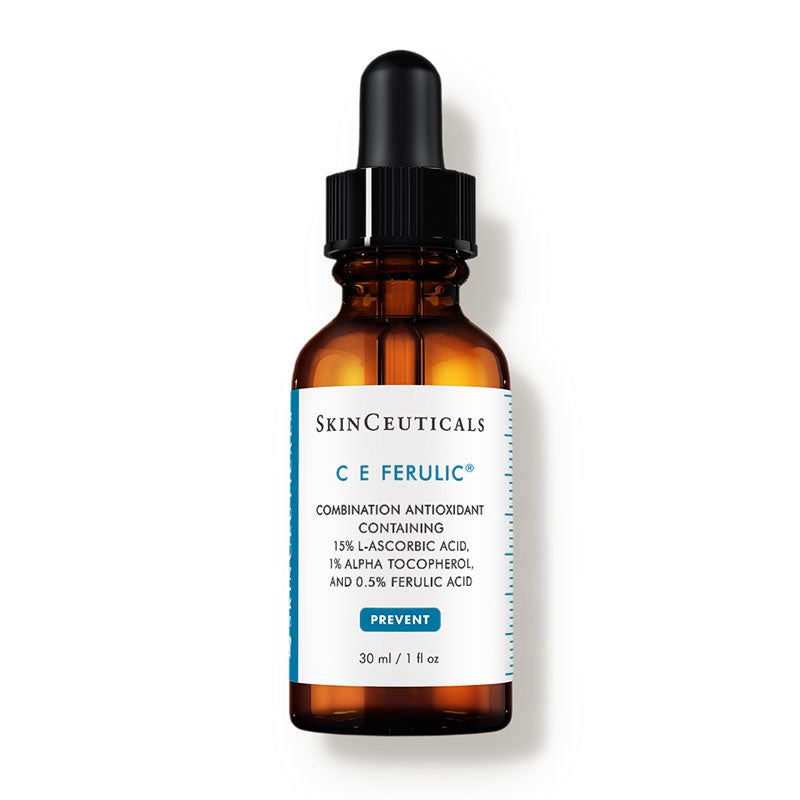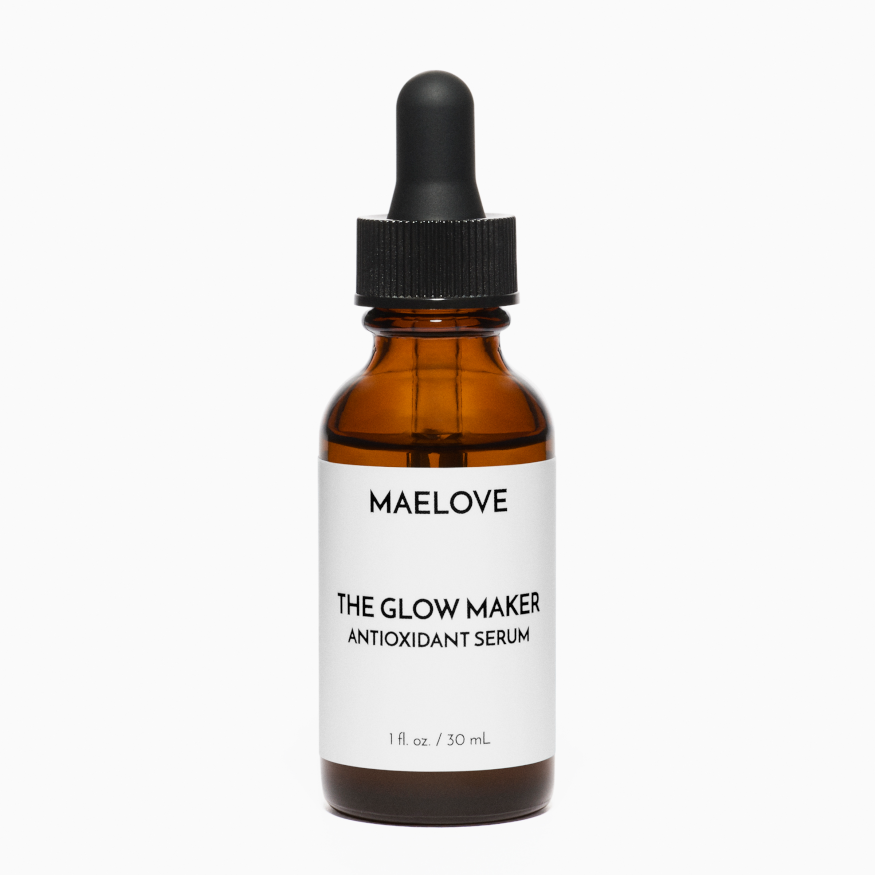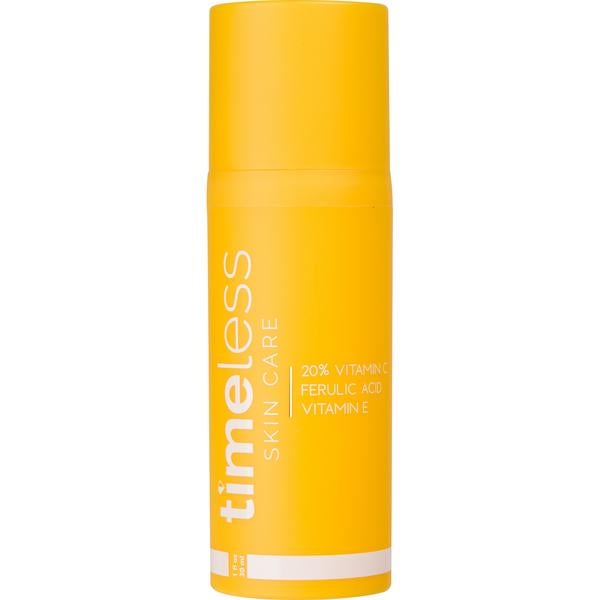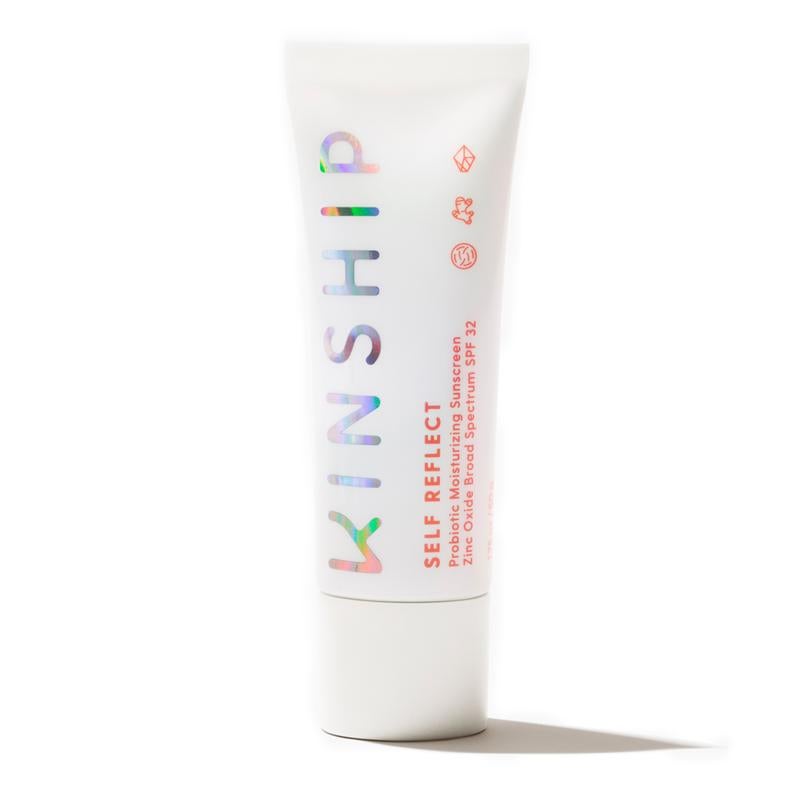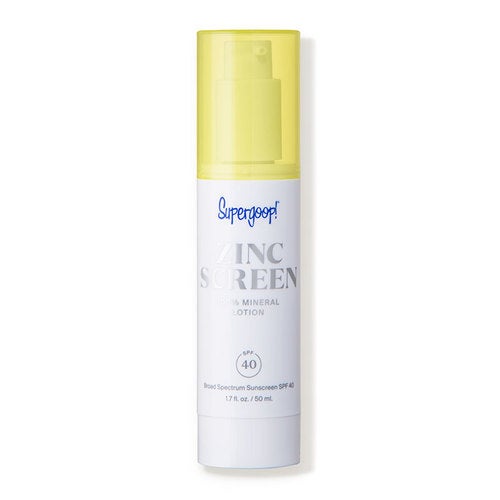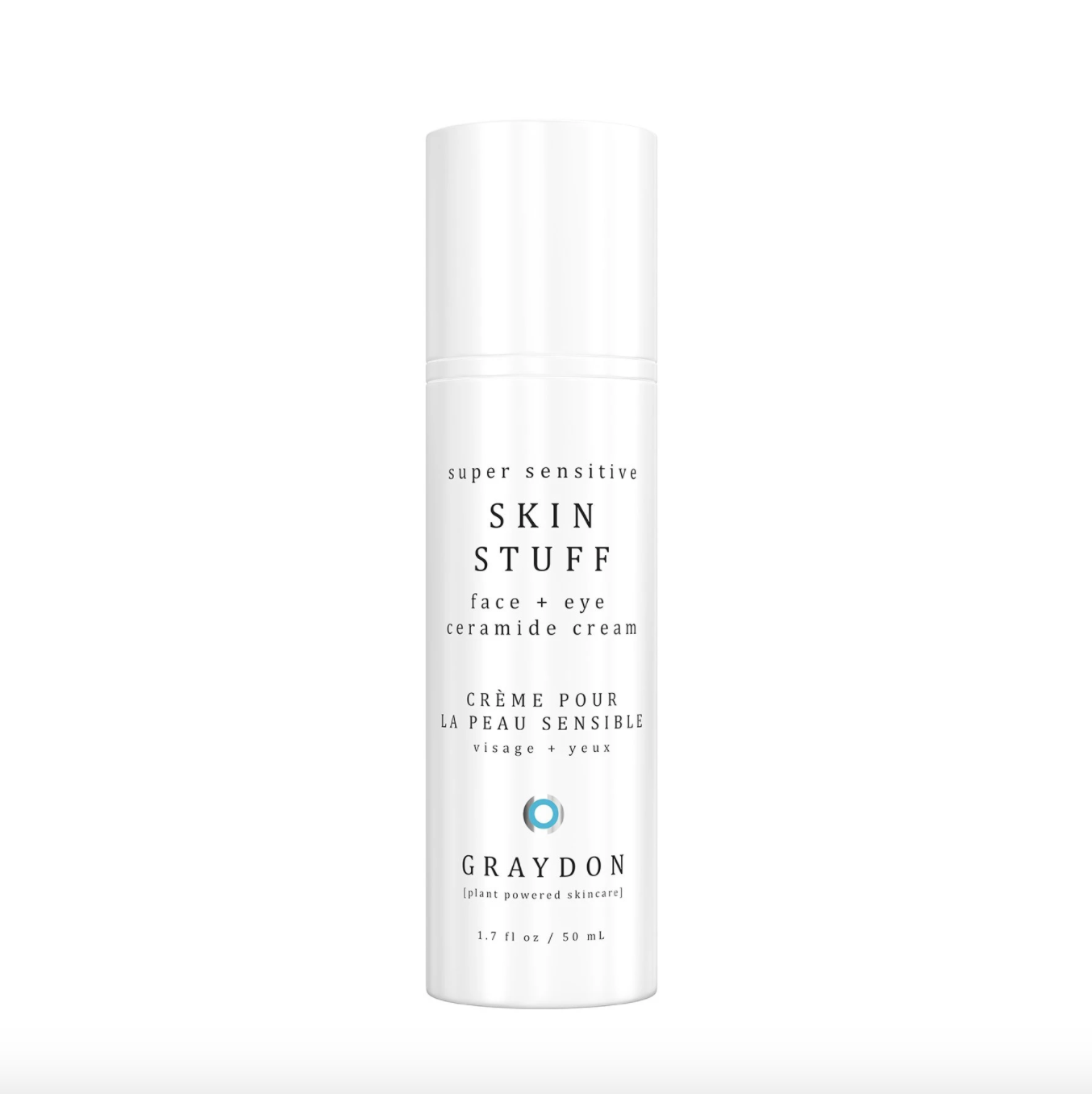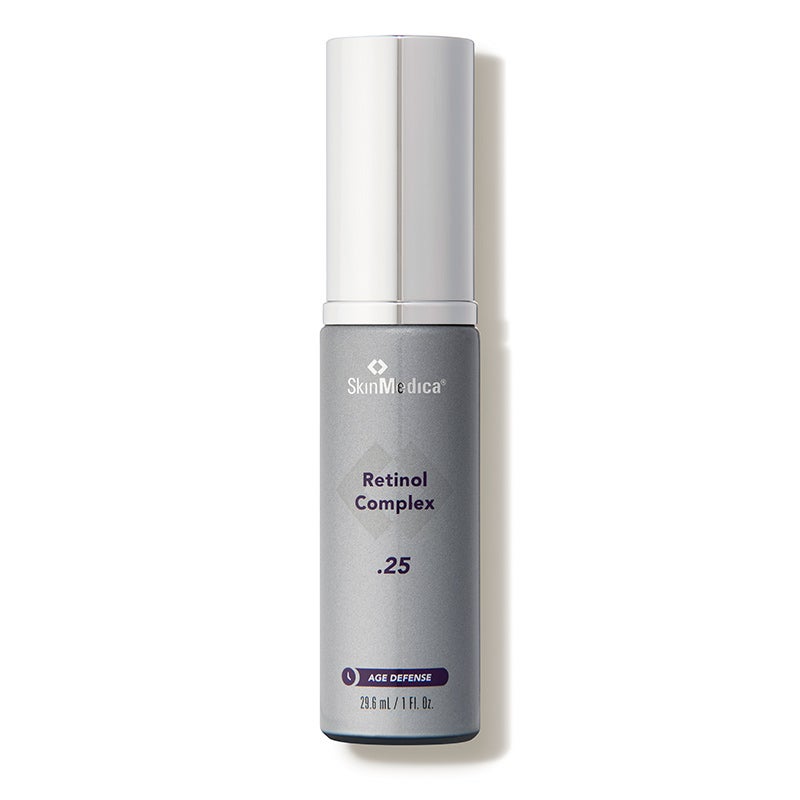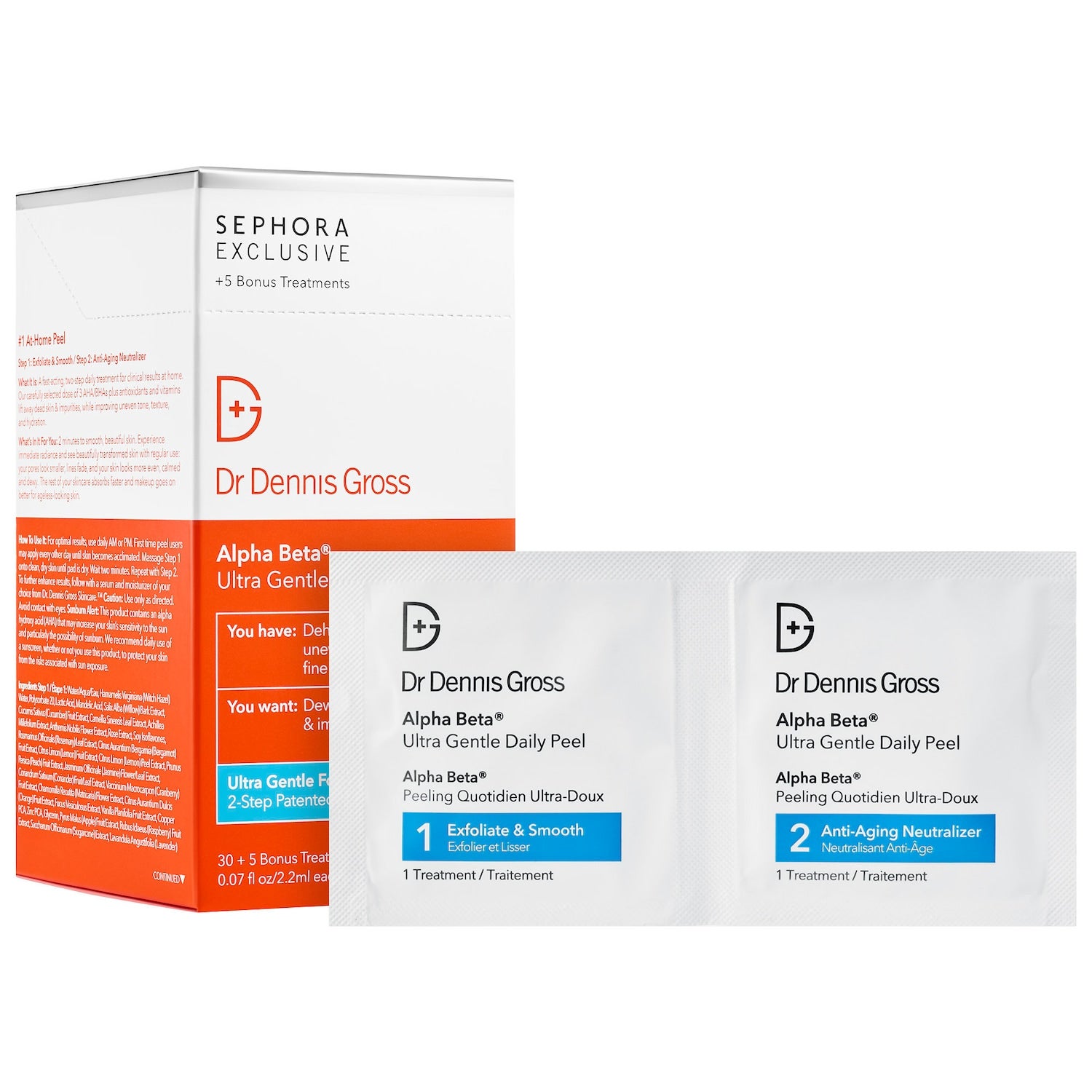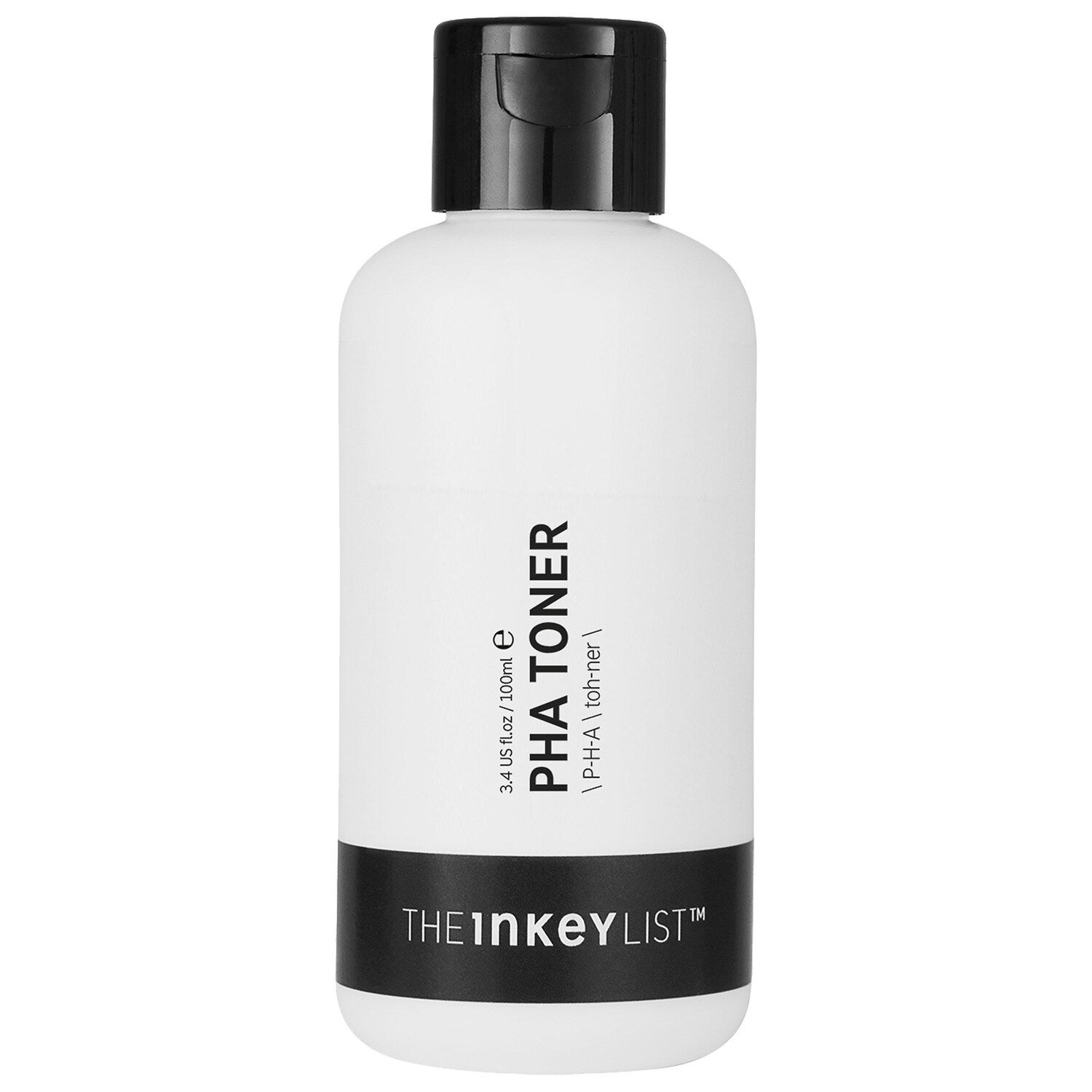With the days merging into a nonstop loop of Tiger King memes, TikTok dances, and Instagram Live notifications, the first rule of self-isolation is that there are no rules. Although we may now start the day with strenuously whipped coffee, our morning skin-care routines are a little more ambiguous.
By now we know the perils of pollution, such as dullness, pigmentation, and inflammation, as well as UV damage, like skin cancer, dark spots, and fine lines. But as we adjust to lockdown life indoors, should we bother with our typical protective routines if we aren't facing the same environmental onslaught?
AdvertisementADVERTISEMENT
Cramped subway commutes and smog-ridden strolls may be a distant memory, but according to skin experts, this portion of your beauty routine should be business as usual. "Although all the days spent indoors may feel like time is standing still, it sadly isn’t, and therefore isn’t an excuse to forget about your skincare routine," says board-certified dermatologist Shereene Idriss, MD. Even at home, we're exposed to various pollutants and environmental triggers that induce stress on our skin, with central heating and lack of fresh air being the worst offenders.
Free radicals — molecules in the atmosphere which damage the skin — are just as prevalent indoors as they are outside, and applying topical antioxidants is the best way to neutralize them. Vitamin C in particular is a complexion-boosting hero for brightening lackluster, uneven skin, Dr. Idriss explains. "Vitamin C is a potent agent, and it also reduces pigmentation, particularly when combined with vitamin E and ferulic acid," she says. That's the exact powerhouse ingredient trio found in SkinCeuticals' bestseller C E Ferulic, as well as Maelove's cult-favorite Glow Maker (for a fraction of the price). Apply a couple of drops every morning after cleansing and before SPF for a much-needed healthy glow.
If we’re susceptible to pollutants in our homes, where does that leave us in terms of wearing SPF when we’re cooped up indoors? According to Victoria Hiscock, medical communications manager at AlumierMD, sun protection is still an everyday essential inside. "Glass doesn’t block the UVA rays that cause things like fine lines, wrinkles, and pigmentation, meaning it penetrates through windows into our skin and reaches the lower layers," Hiscock says. "We’re not at risk of burning through windows, because UVB rays responsible for sunburn and skin cancer are blocked by clouds and glass, but we’re still at risk of long-term sun damage, which accounts for approximately 90% of skin aging."
AdvertisementADVERTISEMENT
With more daylight hours, it’s as crucial to use sunscreen (SPF 30 or 50) inside as it is during your daily outdoor quota. But ultraviolet radiation from the sun isn’t the only reason to use SPF. "Blue light, also known as high energy visible light, is emitted from laptops, phones, and tablets," explains Hiscock. Between Netflix (yes, we are still watching) and copious social-media scrolling, our screen time is at a high. Both Dr. Idriss and Hiscock advise using a physical sunscreen with zinc oxide, like Supergoop! Zincscreen, as it protects against both ultraviolet and blue light.
While we're stuck indoors, consultant dermatologist Anjali Mahto says that now is an ideal time to introduce a retinoid, otherwise known as vitamin A, into your routine. "Vitamin A can help with fine lines and pigmentation, alongside boosting collagen production," Dr. Mahto says. "Early use can often cause some irritation and skin flaking as well as sensitivity to the sun. But being indoors and having more time to care for the skin is a good time to introduce vitamin A and see what you tolerate."
Using retinol is akin to weight training: Start with a low strength such as 0.25% once or twice a week and build up your skin's resistance over time. If your skin becomes red and irritated, alternate with a bland, protective moisturizer, such as Graydon Super Sensitive Skin Stuff.
AdvertisementADVERTISEMENT
Pamela Marshall, clinical aesthetician and founder of Mortar & Milk clinic in London, agrees that retinol is a good ingredient to try during lockdown, but adds that it doesn't suit all skin types. "In fact, most people overuse it," she says. If your skin is congested, perhaps try exfoliating acids such as glycolic and lactic acid instead. They also make skin sensitive to sunlight, so Marshall's advice is to treat them the same as retinol and not overdo it. If your skin is on the more sensitive side, polyhydroxy acids (PHAs) may be a better solution, as they provide similar results over time but don't penetrate the skin as deeply. "PHAs are much gentler on the skin but still very active, and while they do exfoliate, they also hydrate and reduce inflammation," Marshall explains. SPF is a must during the day, no matter which acid you choose.
Lockdown might be a great opportunity to experiment with makeup, nails, and hair — but it might not be the best time to go wild with your skin due to heightened stress levels. Marshall says that, when stressed, our bodies produce higher levels of the hormone cortisol, which could result in breakouts. Megan Felton and Ksenia Selivanova, founders of bespoke skin-care consultancy Lion/ne, warn that it’s not just breakouts that can arise. "Skin picking can dramatically increase while working from home simply because we’re not going anywhere and feel more comfortable having a little scab, knowing that nobody will see us," Felton and Selivanova say. "Equally, studies have shown that when dealing with stress, anxiety, or negative emotions in general, we tend to pick more at our skin." Rather than reaching for harsh spot treatments, the Lion/ne founders advise using a gentle salicylic acid formula to ease congestion and prevent further inflammation.
AdvertisementADVERTISEMENT
Hydration and nourishment are always key factors in keeping skin healthy, but indoor air tends to be drier. "Keeping skin hydrated is as much about cleansing as it is moisturizing," advises Paris-based facialist and acupuncturist Elaine Huntzinger. "If the cleanser you use is too strong, it will strip your skin. A key way to test this is whether your skin feels tight after you wash it." Dr. Mahto confirms that washing your face morning and evening with a gentle cleanser is the best way to remove dirt, sweat, grime, and bacteria from the skin surface. "Cleansing twice a day also allows for better penetration of any actives applied onto the skin afterwards,” she says. Slathering on hyaluronic acid-packed serums layered with essences is Huntzinger's post-cleanse recommendation for sandwiching moisture into the skin.
We may have forsaken bras and pants with non-elasticized waists, but skin care isn’t getting shelved while on lockdown. Sticking to a steady and uncomplicated routine will not only keep skin healthy, but act as a method of positive self-care and a simple way to maintain some sense of normalcy in current circumstances.
At Refinery29, we’re here to help you navigate this overwhelming world of stuff. All of our market picks are independently selected and curated by the editorial team. If you buy something we link to on our site, Refinery29 may earn commission. This story was originally published on Refinery29 UK.
